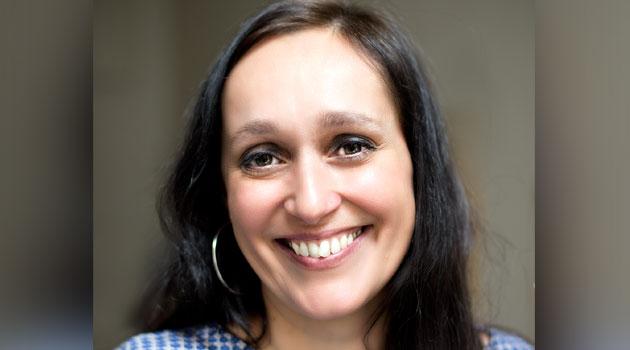Yveta Kenety: Czech daily again manipulates public with biased, outdated information about Roma

One of the most recent examples of manipulative journalism that breaks all the rules on writing a quality article is the Právo daily’s piece published on 21 March on their online news server Novinky.cz with the misleading headline "European Judges: Czech Republic was basically punished for trying to educate Roma". The report is about the European Court of Human Rights judgment in the case of D.H. and Others versus Czech Republic and quotes three judges who voted against that judgment as if it were a hot news item the journalist had to go straight to Strasbourg to get.
The statements by those judges, however, are more than eight years old and have been available on the website of the Court all this time in their dissenting opinions. The headline tells readers the European judges punished the Czech Republic "for trying to educate Roma", but nowhere in the article do we read that the judges who criticized the judgment were in the minority.
The judgment criticizing the Czech Republic for discrimination against Romani children in education was anointed by a majority of judges, i.e., 13 out of 17 on the Grand Chamber. Moreover,even though Právo’s correspondent for the piece, a Mr Kozelka, wrote his article directly in Strasbourg on Monday, he did not succeed in either contacting or finding even one of those judges.
Kozelka describes the continuity between the Czech Government’s efforts to introduce inclusive education into the Czech schools on the basis of this European Court of Human Rights judgment, now almost 10 years old, as if that fact were a big discovery by Právo. Yes, the current changes in legislation pushing the system toward inclusion, a trend that is common to most civilized countries, did actually begin to occur after the D.H. judgment and the intensive criticism of the existing system by the European Union and other international institutions.
This is not news, and I think even the Czech Government itself has never pretended its pro-inclusive policy is not a reaction to the D.H. judgment and the threat that the Czech Republic could be taken to the European Court of Justice by the European Commission over this issue. Yes, the first instance of the European Court of Human Rights "swept off the table" the allegations of discrimination, as Kozelka reports, but the reality is that the case was then heard by the 17-member Grand Chamber, which is not a matter of course and is done only in exceptional cases (per Article 43 of the European Convention on Human Rights).
The request for a Grand Chamber was assessed by five judges who found the topic to be of such seriousness that they allowed a Grand Chamber session to convene in the case. While failing to report that, the article also emphasizes that the Court expressed appreciation of the Czech Republic’s efforts to address the "problem" of educating Romani children, but again neglects to mention the criticism the Czech state earned hand in hand with this praise.
The judgment states that as a consequence of enrolling the Romani children into the "special schools" for the mentally disabled, their curriculum was at a lower level than that of mainstream schools and they were isolated away from majority-population pupils, receiving an education that further deteriorated their situations and endangered their subsequent personal development. The Government itself has indirectly admitted that the work opportunities for pupils who have attended "special school" are more limited.
Whatever the daily Právo has ascertained, it is unacceptable for 30 % of the children who are taught according to the curriculum for the mentally disabled to be Romani, as was confirmed by the most recent investigation in the Czech Republic into pupils being educated according to the Appendix for Mild Mental Disability (according to the Czech School Inspection Authority). No ethnic group has that many people who are mentally disabled.
The fact that children with both average and above-average intelligence are being assigned to the special schools was admitted by the Government itself in a report submitted on 1 April 1999 on the basis of Article 25 paragraph 1 of the Framework Convention on the Protection of National Minorities. The Czech state thus expressly acknowledged in that report the existence of the discriminatory practices that the D.H. plaintiffs were suing over.
Právo and Novinky.cz, through these recent articles on the topic of inclusive education and on refugees, has now joined the ranks of media outlets that cannot be taken seriously, such as the tabloid Blesk and Parlamentní listy. The leadership of their editorial board was apparently quite alarmed to read on news server iDNES.cz that the refugee topic is no longer attracting readers, so in their hunt for click-bait and readership, they have returned to a verified sure thing: Creating hatred of Romani people.